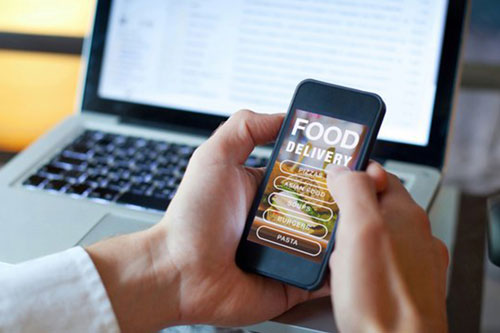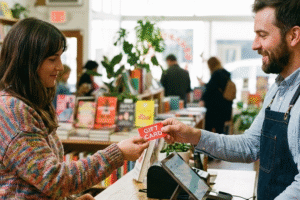 For some businesses, online order management has suddenly become the biggest part of the day. With little warning, the COVID-19 coronavirus swept around the world, and, without treatments or vaccines, the only way to stop the contagious virus is to keep people apart. Every level of government urged — and in some cases required — businesses to close their doors to eliminate chances that people could spread coronavirus.
For some businesses, online order management has suddenly become the biggest part of the day. With little warning, the COVID-19 coronavirus swept around the world, and, without treatments or vaccines, the only way to stop the contagious virus is to keep people apart. Every level of government urged — and in some cases required — businesses to close their doors to eliminate chances that people could spread coronavirus.
In light of the warnings about coronavirus, many consumers changed their habits. Looking for ways to get the life-sustaining foods, supplies, and medications they needed while minimizing the chances of contracting the disease, they went online. Grocery apps had record downloads in March, consumers in countries hit hardest by coronavirus report choosing to purchase from e-commerce businesses more often, and diners are more apt to choose restaurant pickup or delivery.
However, some customers who have lived their lives making transactions in-person are still walking up to windows to order their meals, placing orders by phone, shopping in pharmacies, and still pushing carts through grocery stores and paying in person.
The last thing business owners need is the headache of trying to account for payments online, in-store, at the walk-up window, and maybe even car side while they’re trying to stay in business.
In-Person and Online Order Management
Although everyone is in crisis mode, businesses still need to think competitively and provide the best possible customer experiences under the circumstances. Customers always have little tolerance for negative experiences, but they may even react disproportionately due to the stress they’re under. No one is going to forget 2020 and the government-mandated “15 days to stop the spread” any time soon, and the impressions business make now will last long after the coronavirus crisis has ended.
Businesses need solutions that accommodate their customers’ demand for convenient online ordering, pickup processes that are both quick and respective of social distance, and simple, secure payment. They also need total, omnichannel solutions, not disparate systems for in-store, online, and kiosk orders.
With an omnichannel payments platform, businesses have one system that can manage it all — during a crisis or during business-as-usual when consumers engage across multiple channels depending on what’s most convenient for them. Shoppers and diners can place orders online and pickup up meals or merchandise with minimal friction thanks to tokenized payment data. They can also pay online so that they can maintain a safe distance from counter workers when they pick up their orders.
For business owners, an omnichannel payments platform provides the benefit of managing both in-person and online payments from one system, aggregating data for reporting and accounting.
As a trusted POS solutions provider, make sure your clients are able to adapt their businesses to survive current restrictions due to coronavirus. Furthermore, ensure when they end, your clients will come back stronger than ever, providing the convenient, easy, and safe payment experiences their customers demand.
We launched NETePay Hosted to give merchants an integrated payments system that enabled them to accept credit, debit, check, EBT, FSA, e-commerce, and loyalty transactions from a single interface. Our vision included providing stores, restaurants, and other merchants with the efficiency and accuracy of having payment data from all channels automatically and seamlessly shared with accounting. Although we couldn’t have anticipated it at launch, NETePay Hosted is giving merchants faced with shutdowns due to the coronavirus the ability to adapt their businesses to focus on online order management, in-person transactions, and possibly even new channels. Contact us to learn more!



